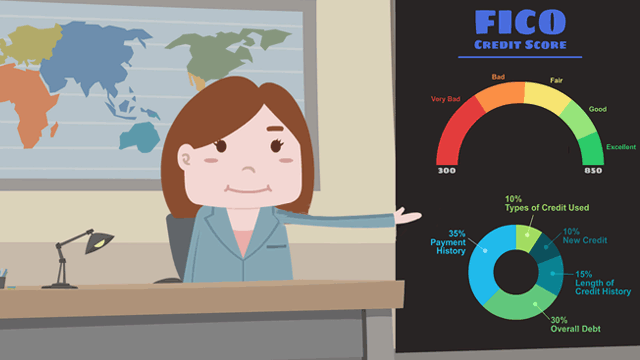Non-Financial Factors That Affect Home Loan Interest Rates
December 30, 2024
One factor is occupancy type. For FHA loans, this is straightforward because these loans require owner occupancy. Investment properties aren't eligible. While conventional loans may have different rates for primary residences, second homes, and investment properties, this isn't a concern with FHA loans.
Some might not immediately know which loan is best for them, but knowing the occupancy requirement ahead of time can help them make a more informed choice.
Your employment history is another factor. A stable job with consistent income shows lenders you're reliable and can make your mortgage payments. They'll look at how long you've been employed, your income stability, and your industry. Building a strong employment profile can help you get a better interest rate if the lender feels that history shows you are a good credit risk.
The loan term and payoff schedule also play a role. The loan term affects your monthly payments and total interest costs.
The amortization schedule determines how your payments are applied to principal and interest over time. Your lender may offer different interest rates for a 15-year loan compared to a 30-year mortgage, for example.
Standard amortization has early payments mostly going toward interest, while graduated payment mortgages have payments that start lower and increase over time.
Your income projections and financial goals will influence your choice of amortization schedule, and your lender may offer different interest rates for different loan terms and amortization schedules.
Remember, lenders consider various factors when determining your FHA loan interest rate. Understanding these factors can help you make informed decisions and potentially secure a lower rate.

FHA Loan Articles
March 25, 2025What does it take to sell a house purchased with an FHA mortgage? Are there special rules, restricrtions, or added considerations? We examine some key questions and their answers to FHA real estate sales issues.
March 24, 2025If you are selling a home, you may need to negotiate with buyers to fund their purchases with an FHA mortgage. What do you, as a seller, need to know about FHA mortgages and how they may differ from conventional loans? We examine some common issues.
March 24, 2025How much do you really know about how FHA home loan interest rates are set and what factors influence them before your lender makes you an offer? We explore some key points about FHA loan rates, FICO scores, and debt ratios.
March 11, 2025Adding a co-borrower to your FHA is a way to offset fears that you won't qualify for the mortgage on your own. An FHA loan co-borrower with a more substantial financial profile may offset the primary borrower's weaknesses, demonstrating a reduced risk to the lender. But for an FHA loan, don't assume that one borrower with good credit scores can offset one with non-qualifying scores. We ask 20 questions about co-borrowing to help you better plan for your FHA loan.
March 10, 2025Even if you aren’t considering your home loan options right this second, it’s smart to know your options if you decide to pursue a new home later. To that end, using a mortgage calculator is a smart choice for setting some basic budgeting parameters as you plan your path toward home ownership. A mortgage calculator helps you plan for future financial scenarios, such as buying new or refinancing a current home.







